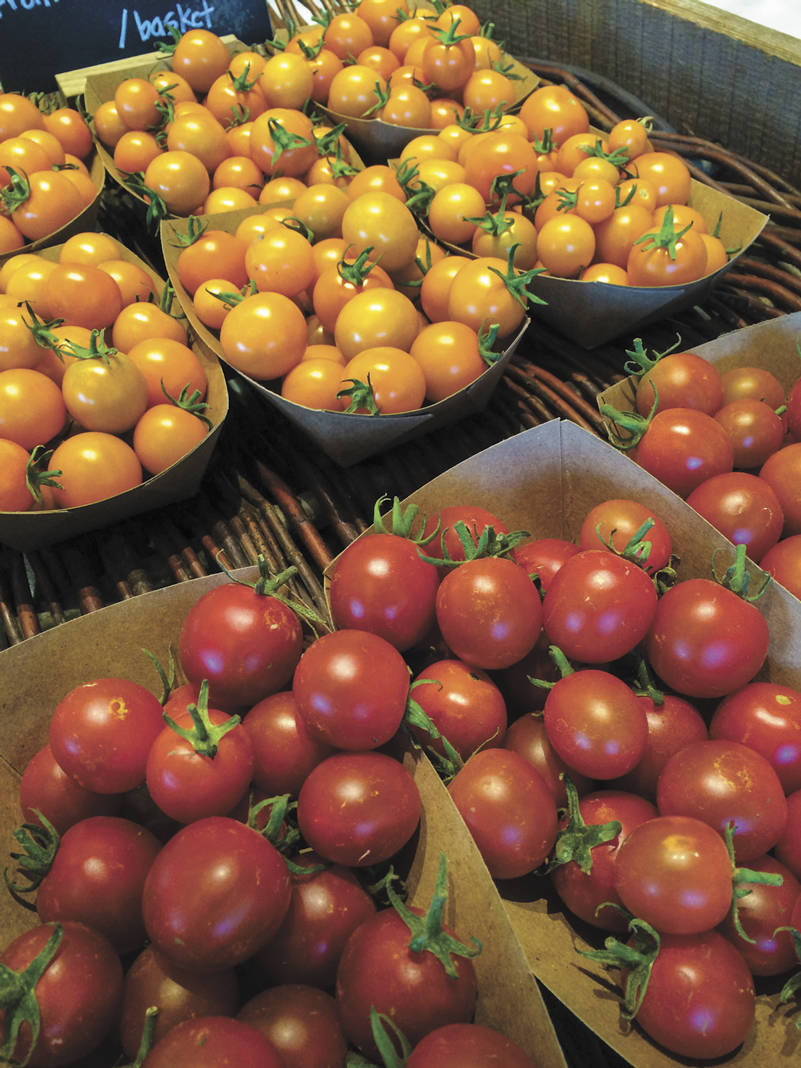By Morf Morford
Tacoma Daily Index
Through much of this time of quarantine and near isolation, my nine-year old granddaughter has been reading lots of books about the pioneers, those families, groups, and sometimes individuals who had to make do – if they needed a tool, they had to make it, if they needed food, they had to grow it, find it or hunt it themselves.
Just a few months ago it was difficult to imagine daily life without stores and without money. Who of us could have pictured an economy based on almost total self-sufficiency?
In 2020, of course, we (most of us, at least) have all kinds of creature comforts from cars to refrigerators unimaginable to those hardy pioneers (in fact anyone) a century or two ago.
You know the traditional “Lord’s Prayer” with the line “Give us this day our daily bread”?
If most of us only had a food supply for one day, we’d be in a state of panic.
We, again, most of us at least, live in Costco America with at least a few weeks supply of just about everything.
Even during the toilet paper frenzy of a few months ago, most of had several weeks supply on hand.
In fact that has become an unnoticed aspect of life in the middle class – at least two weeks of food – and many other essentials.
Without thinking about it, for better or worse, we have become dependent on a nearly transparent food and supply transportation system that, again, when you think about it, is truly one of the marvels of the modern world – our supply chain.
Our supply chain supplies food literally around the world, for the most part for very reasonable prices, and no matter the season.
Just a generation or so ago, if you wanted strawberries or tomatoes, or peaches you had to wait until they were in season.
But now South America or New Zealand provides those summer fruits during our winters.
Our international supply chain accounts for about 10% of global GDP and employs about one and a half billion people.
Truck driving is one essential element. In 2017, the American trucking industry posted revenues higher than the GDP of more than 150 nations. Approximately 6% of all full-time jobs in America are related to trucking.
You can see more details on the much-overlooked trucking industry here.
Thanks to trucking and a multitude of other modes of storage, transport and sales, virtually every food item is far cheaper (adjusted for inflation) than ever in human history.
And, as I implied above, almost any food item is available almost any time of year.
According to a recent article in The Economist, four-fifths of us live at least in part on calories grown in another country.
From Honduran bananas to Canadian tomatoes, other countries provide our snacks and fill our plates without us thinking about it.
It is kind of a miracle.
And few of us ever think it, but when we have to think about it, as we have lately, we marvel, and then panic. Or maybe we panic first.
But if we act on our panic, as some did a few months ago, our supply chain seizes up and doesn’t work.
As we now know, a shortage, or even a rumor of shortage can create havoc in our marketplaces.
Toilet paper, baking yeast, pork and flour all had their moments of fame as examples of panic buying, if not hoarding.
There really was always enough for everyone – at least if everyone acted reasonably.
But acting reasonably, on many levels, became a rarity in early 2020.
We might look back on it now and laugh, but we all know, at a visceral level, that those days might come again, and who knows what the area of shortage there will be next time?
One store was selling toilet paper for ten dollars a roll. And probably sold a few.
But that was just one example of the frenzy of the marketplace not so long ago.
As we all know, on a level we would not have imagined possible just a few months ago, our markets and our supply chains are far more fragile that any of us would have believed.
Some of us actually began to worry that we might only have one day’s supply of food or other basic necessities.
Tariffs, hurricanes and yes, pandemics can carry many unexpected impacts across our dinner plates and our everyday lives.
In my neighborhood, more and more people are growing gardens and raising chickens.
In many ways we are reverting to something like those hardy and independent pioneers of the storybooks and movies.
Those of with the means have learned anew what we already knew – having a week or two, or even a month or two, supply of almost everything is our basic comfort level.
Our “new normal” is to have even more on hand than we did during the “old normal.”
The possibility that we might be down to “our daily bread” scared most of us like nothing before.
We never thought that the last roll of toilet paper would mean so much to us.





